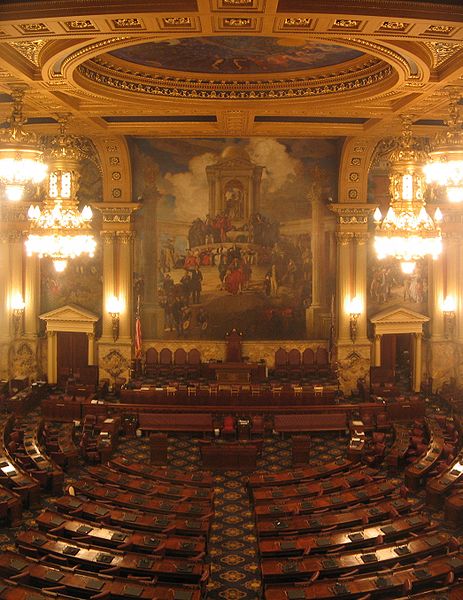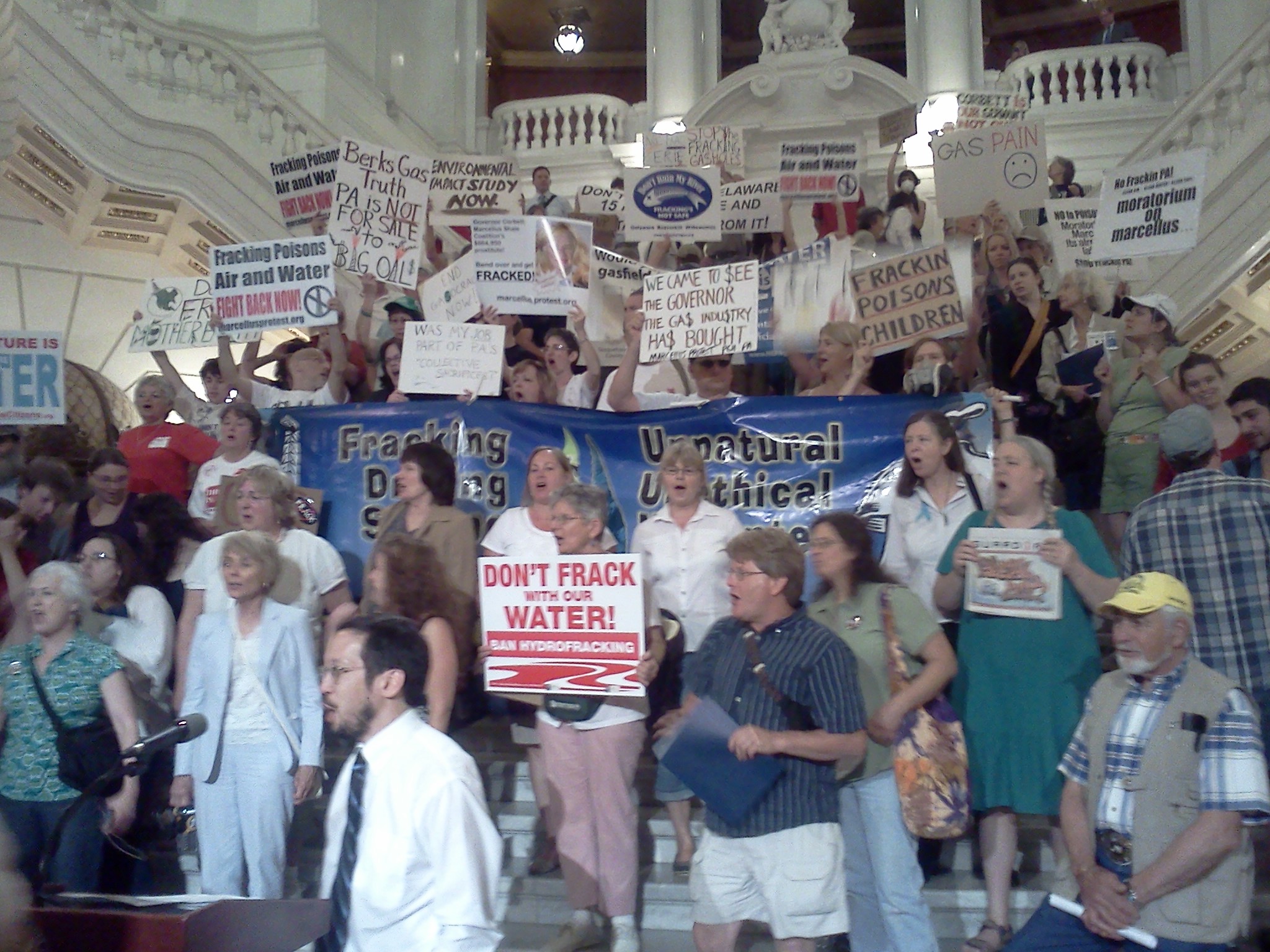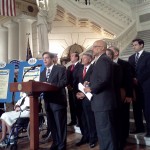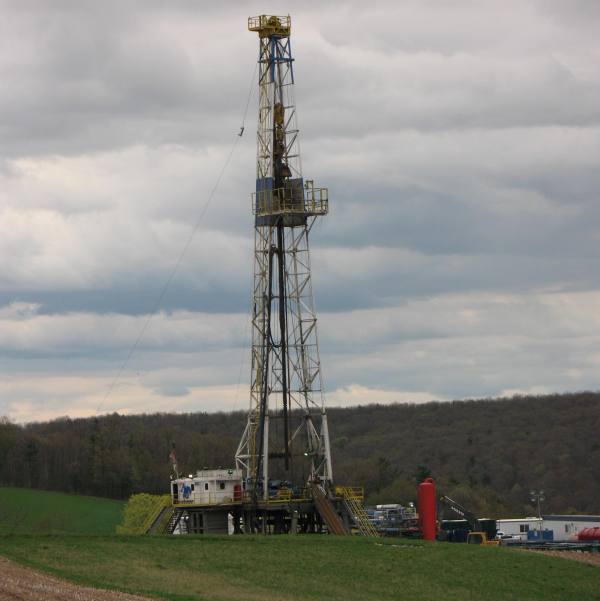New Impact Fee Legislation Introduced In Pennsylvania House
While state House Democrats have been pushing for a broader Marcellus Shale tax, Republican Marguerite Quinn of Bucks County has introduced impact fee legislation that has bipartisan co-sponsorship. She says House Bill 1700 would not direct any money into the general fund.
Half of the fee would be divided between counties and municipalities that host drilling sites, 5% would go to the state’s conservation districts, 15% to the Environmental Stewardship fund, 10% to the Hazardous Site Cleanup Fund and 20% to the Motor License Fund.
The fee would start at $50 thousand per well for the first two years, drop to $45,000 for the next two years, $40,000 for the next two years, and then continue declining to $15,000 in year 15 and $10,000 in year 20.
Representative Mario Scavello (R-Monroe) applauded the proposal, saying quite a bit of the funding would go back to local communities and that’s where the impact is the greatest.
Representative Eugene DePasquale (D-York) says the bill differs from the Senate impact fee legislation in a key area. He says many members in the house find the local zoning provision in the Senate bill particularly troubling.
The Senate bill (SB 1100) calls for the development of a model ordinance for zoning in drilling areas. It would make municipalities or counties that adopt stricter
ordinances ineligible to receive a share of the impact fee.






